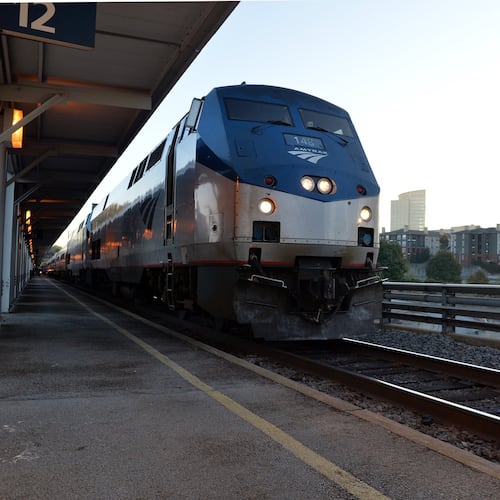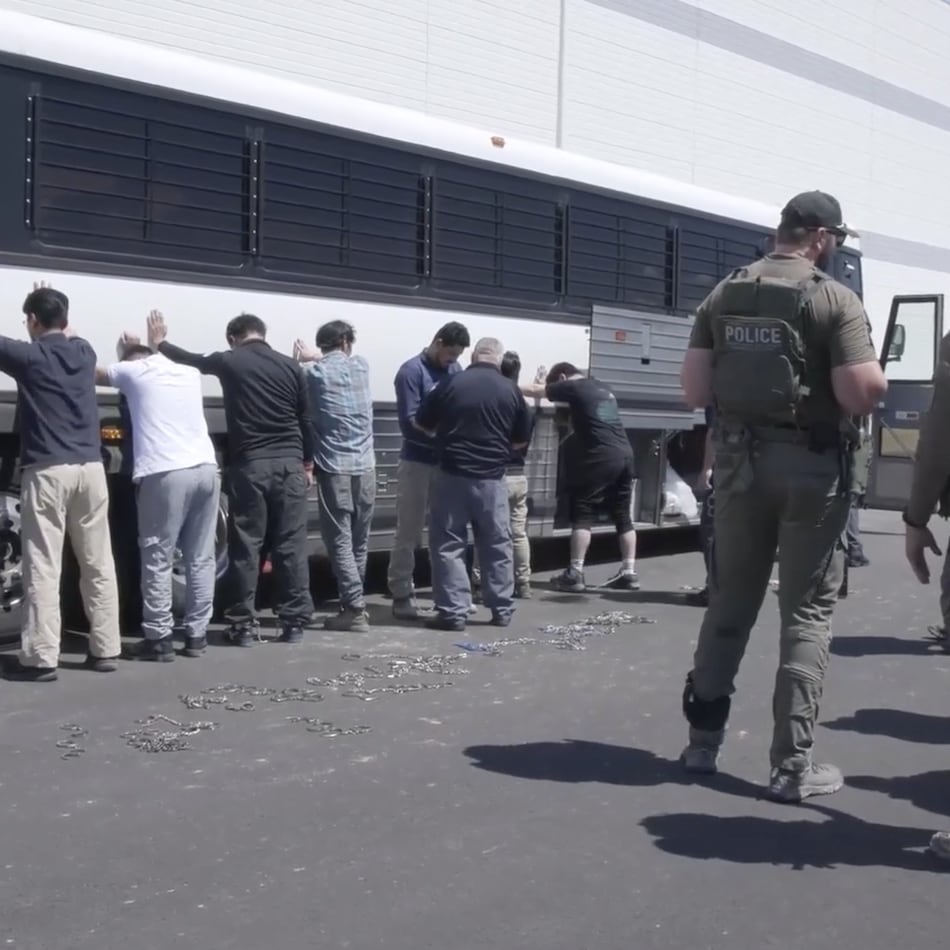In mid-June, the leaders of The LOLA, a coworking space across from the bustling Ponce City Market, were facing a daunting task: either pay back $93,000 in overdue rent by the end of the month or risk shutting their doors.
The LOLA is one of just a handful of women-centered coworking spaces nationally that have survived since the pandemic. Most have closed their doors or pivoted to virtual-only offerings.
But despite their financial straits, shutting down isn’t an option Eileen Lee and Martine Resnick, The LOLA’s co-founders, and Dana Xavier Dojnik, the company’s CEO, are willing to accept. So they are turning to the community they helped nurture with an ambitious ask: help them raise $200,000 to save The LOLA.
That amount, they say, would cover the back-rent plus funds to pay future rent, other expenses and to pivot the business model.
“I want us to continue to exist and continue to make ... a really great impact in Atlanta,” Lee told The Atlanta Journal-Constitution.
Whether the campaign will be successful is uncertain, but at the 11th hour one piece of good news has come: their landlord is now giving them to the end of the year to pay back what they owe.
Credit: Contributed
Credit: Contributed
Boom, then bust
In the mid-2010s, coworking spaces for women, by women were all the rage, attracting attention and venture capital. The industry’s most prominent example, the Wing, was founded in 2016. At its height, it raised millions of dollars in funding and grew from one location to 11 in just three years.
In 2017, Lee had recently moved to Atlanta from New York. She met Resnick and they saw what the Wing was doing in New York, what a similar space called the Riveter was building in Seattle, but realized Atlanta didn’t have a physical space just for women. In July 2019, The LOLA opened.
The club is tucked away in a back building of the Southern Dairies complex in Midtown. The 5,000-square-feet club is split into two levels, with massive windows imbuing a light, airy feel to the space.
The main room is filled with inviting booths, velvet couches and chenille chairs. There is also a small kitchen, meeting rooms, a mother’s room, a beauty room painted millennial pink and a library with color-coded books stacked on Robin’s egg blue bookshelves. Membership costs on average $225 a month.
It’s a tight-knit community of members, who know and greet each other when they come in.
“It feels like the work version of ‘Cheers,’” said a current member, Naeemah Jade.
Jade joined The LOLA two and a half years ago and immediately felt like she’d found a community that could help her and her business grow. She’s the founder of Aligned AF, an accountability coaching practice and lifestyle brand. She likened The LOLA to a jungle gym, instead of the traditional corporate ladder.
“Nobody is like pushing anybody out the way, everybody can go up to the top together. Somebody starts falling, somebody’s reaching up. And it’s not like a hierarchy system here,” Jade said.
Lee said The LOLA was profitable when it first opened, but less than a year after launching, the pandemic hit, rocking the fledgling business.
“I still think it’s kind of a miracle that we survived and really, we did because we had some incredibly loyal and supportive members who continued to stay with us, even though they weren’t able to make use of our physical space,” Lee said.
But the pandemic killed the predecessors Lee had looked at as inspiration. The Riveter became an online-only platform. The Wing started closing locations and by 2022, it had completely shuttered.
While The LOLA was able to weather the pandemic, it never fully recovered, Lee said. She stepped down from a full-time role in fall 2023 and brought Dojnik in as CEO, but remained highly involved with the business and was chair of the board.
LOLA in limbo
The LOLA has been in difficult financial straits for a while because the membership model has just not generated enough revenue, Lee and Dojnik said. But the current economic uncertainty has just exacerbated the long-standing issues.
Some of The LOLA’s partners have lost grants, which means they can’t pay for programming at the space, members have lost clients which means they can’t pay for their membership and sponsorships for the club have fallen through as companies tighten their budgets, according to Dojnik.
But the community has helped try to save The LOLA, raising about $37,000 so far, Dojnik said. It’s been an unsettling time, but she feels proud “of our community, because they are digging in. They are really standing behind the space that they’ve grown to love.”
Moving forward, The LOLA’s leaders plan to pivot the business model to creating more private offices for entrepreneurs or small companies to rent, alongside its individual memberships. The meeting rooms, beauty room and library could all be transformed into private offices.
Jade flinched when asked what she would do if The LOLA closed.
“I’m like getting chills. It’s literally a space that has helped me grow so much over these last two and a half years,” Jade said. “I can’t even think about it, to be honest.”
About the Author
Keep Reading
The Latest
Featured



